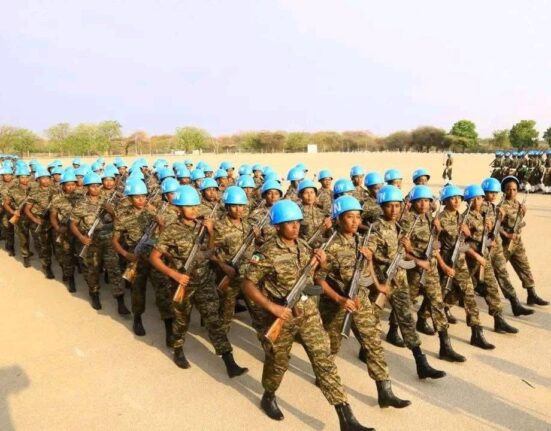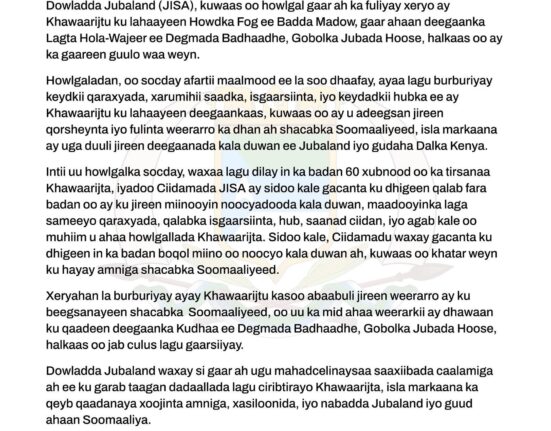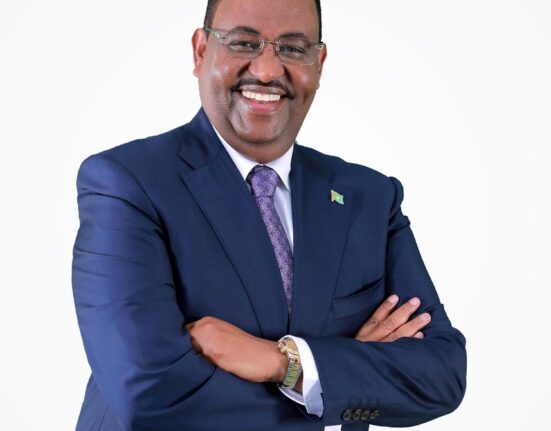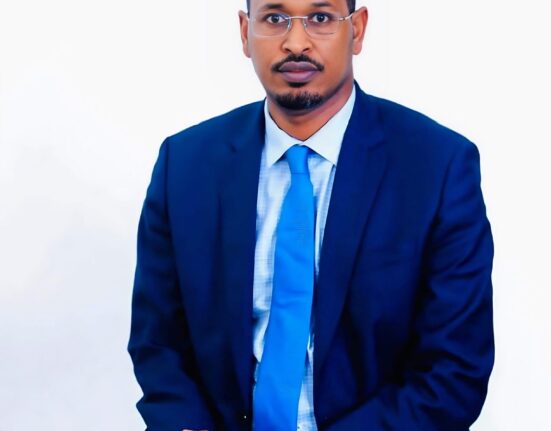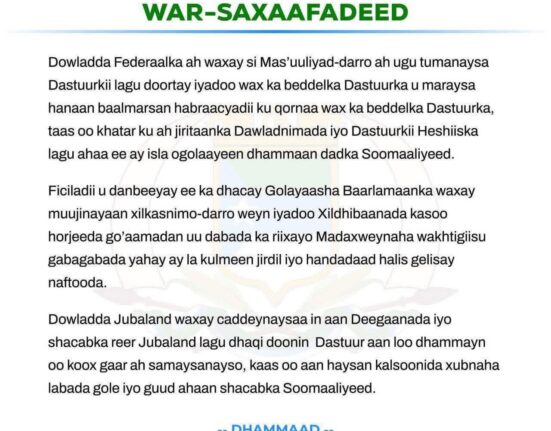The Somali Region is at a crossroads where noise has become a substitute for vision and where the loudness of politics often disguises the emptiness of action. In this climate, political brokers multiply. They present themselves as indispensable intermediaries, yet they only drain the lifeblood of institutions. They are neither architects of renewal nor custodians of the public trust; they are opportunists who feast on the fragility of governance. Their rise is not a sign of strength but a symptom of decay.
In the Somali Region, this decay is not hidden. It is felt in the restless silence of the youth who see promises recycled yet never fulfilled. It is visible in the fragmentation of institutions that ought to unite but instead compete for influence. It is carried in the fatigue of ordinary citizens who have learned to expect little from leaders who speak too often yet listen too rarely. This is the moment where truth must be faced. To ignore it is to allow decay to deepen until it becomes irreversible.
Grace in politics is not an indulgence. It is the discipline to remain calm when noise becomes overwhelming, to recognize the rot when others prefer illusions, and to summon unity even when unity requires personal sacrifice. Grace is the antidote to the arrogance of brokers. It calls for humility, honesty, and the willingness to put collective survival above individual tenure. For the Somali Region, grace is not optional. Without it, the region risks repeating the dark cycles of its history. With it, there is a chance to carve a new chapter of dignity.
Exit, when guided by grace, is not defeat. It is victory of another kind. To leave power willingly, to bow out with dignity, is to secure a place in history far greater than the fleeting satisfaction of clinging to office. A leader who knows when to step aside controls his own narrative. He denies the brokers the right to write his ending. He is remembered not for collapse but for courage. In the Somali Region, where leadership has often been judged by its ability to survive rather than to transform, such an act would be revolutionary.
The Somali Region is not just another regional state. It is a frontier of survival, identity, and possibility. Its people have endured wars, displacement, betrayals, and marginalization, yet they remain unbroken. They do not need leaders who bargain away their future in the corridors of political brokers. They need leaders who understand that the region’s greatest wealth is not its resources but its people, their dignity, and their resilience. The brokers thrive when leaders refuse to confront the truth. The people thrive when leaders choose grace.
I write not as an enemy but as a friend, kin, and concerned fellow. If your stay is the only option for the stability of the Somali Region, then I am at peace with it. But if that stay only feeds decay, then exit with grace and call upon unity. For the call to unity must rise above personal ambition, and the act of departure must become the seed of renewal. Leadership is not measured by its length but by the legacy it leaves behind.
The Somali Region now stands in need of leaders who are willing to face the hour of reckoning. History will not remember the noisy decrees, the restless reshuffles, or the fleeting promises. It will remember whether, in a moment of exhaustion, there was someone willing to tell the truth, someone willing to heal fractures, and someone willing to choose dignity over survival. Grace alone offers that path. To exit with it, even at great cost, is to exit as a statesman rather than as a mere occupant of office.
Mohamud A. Ahmed ( Cagawayne )
Waxaa loowadashay in runta la isku sheego!



